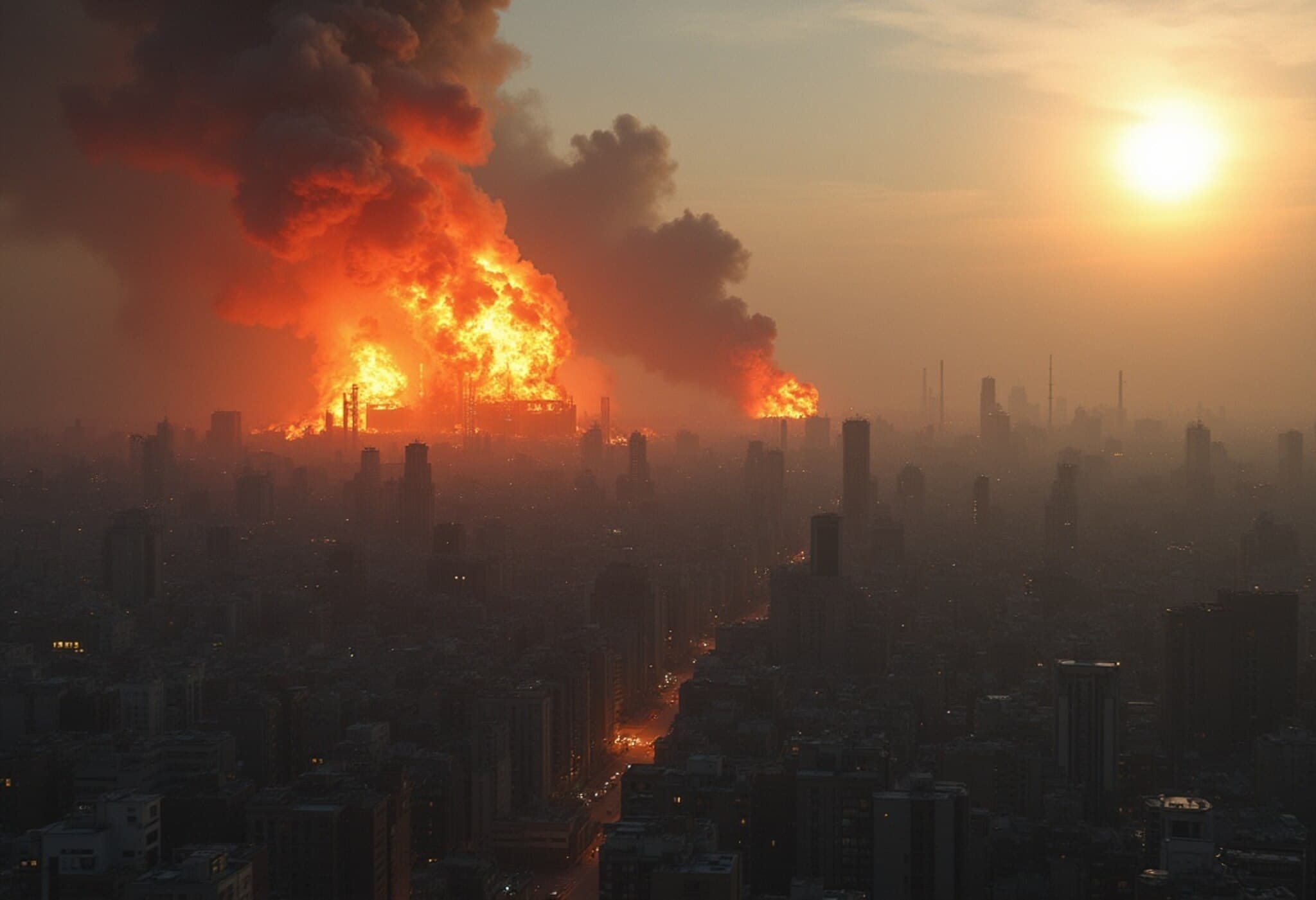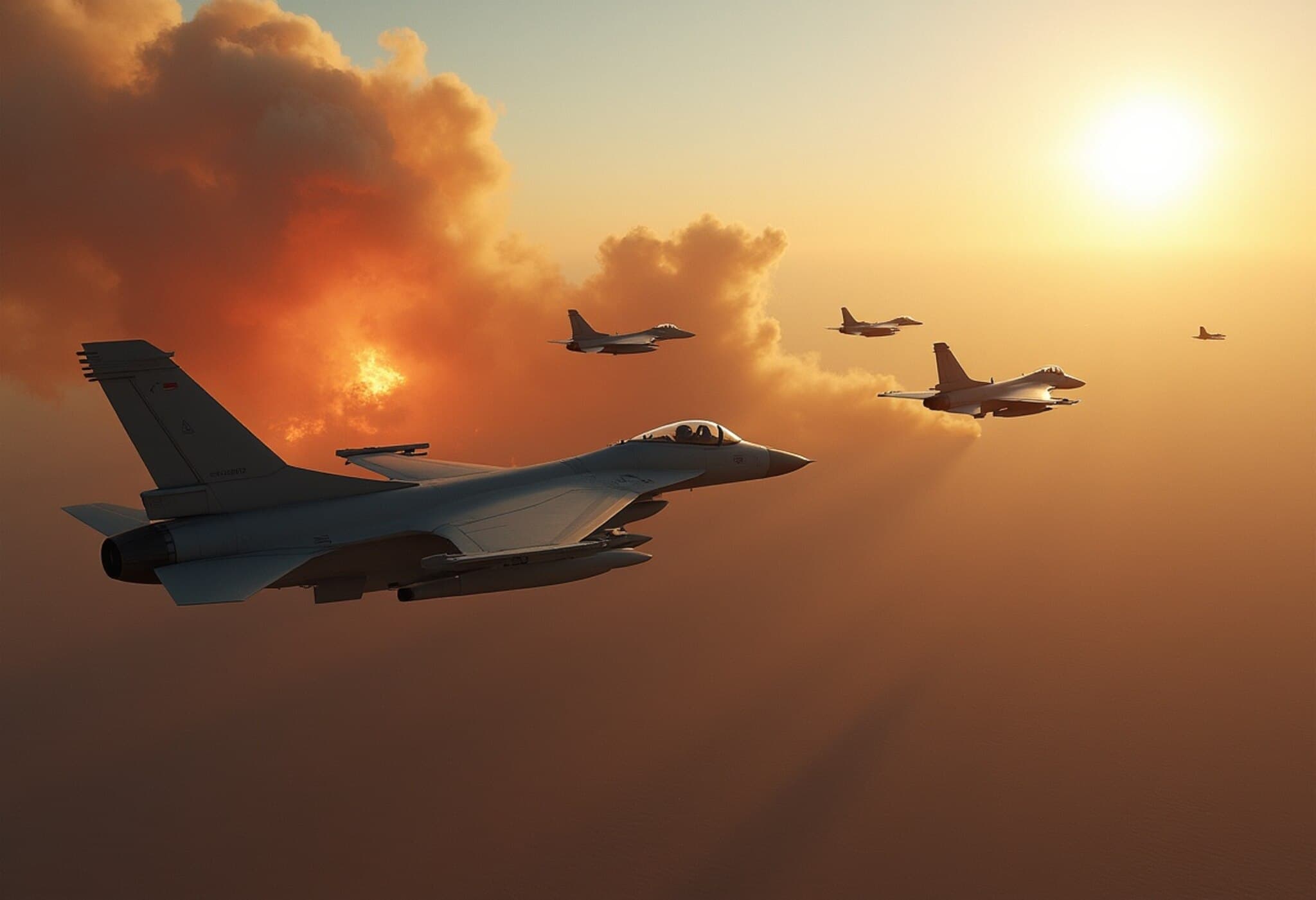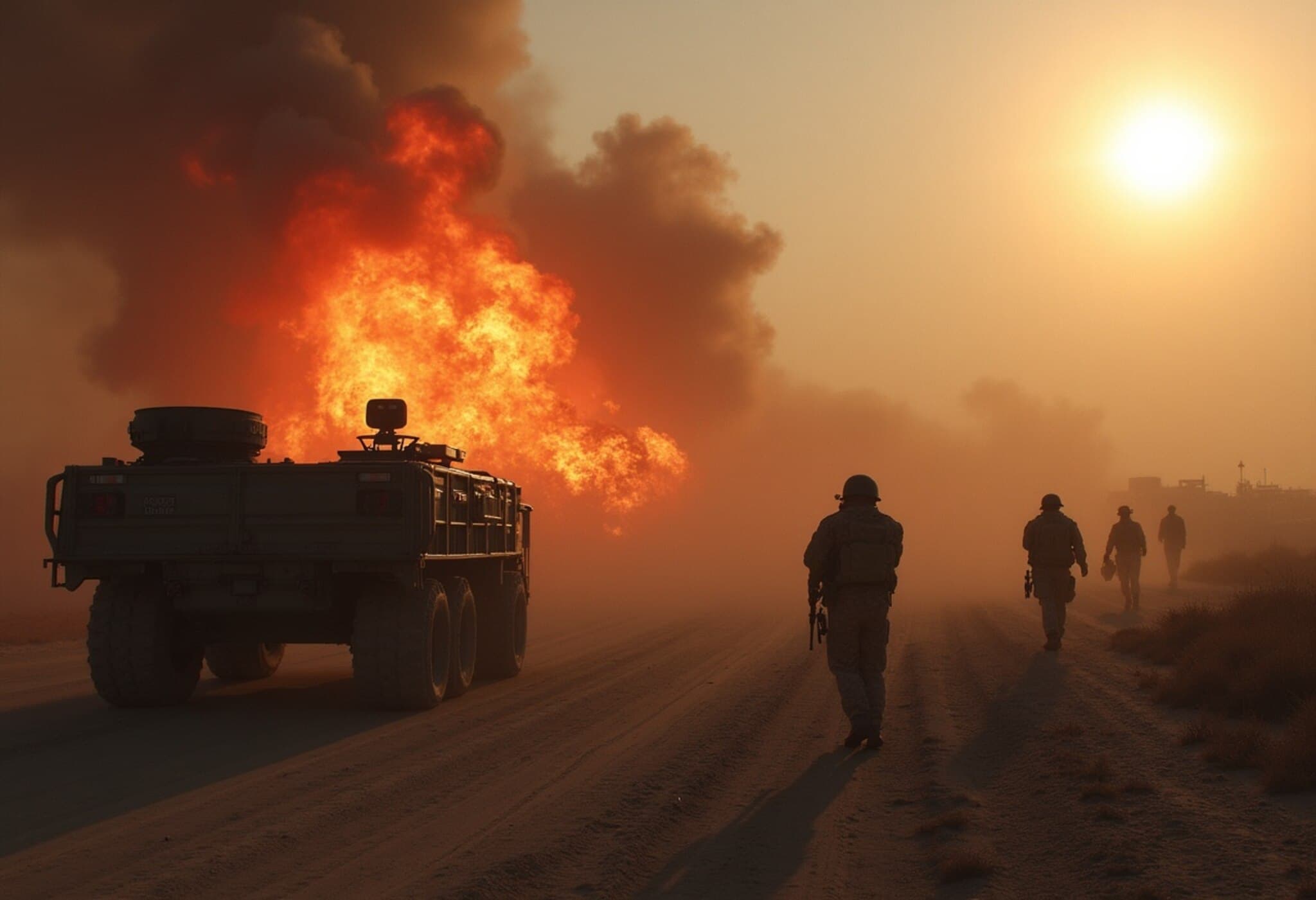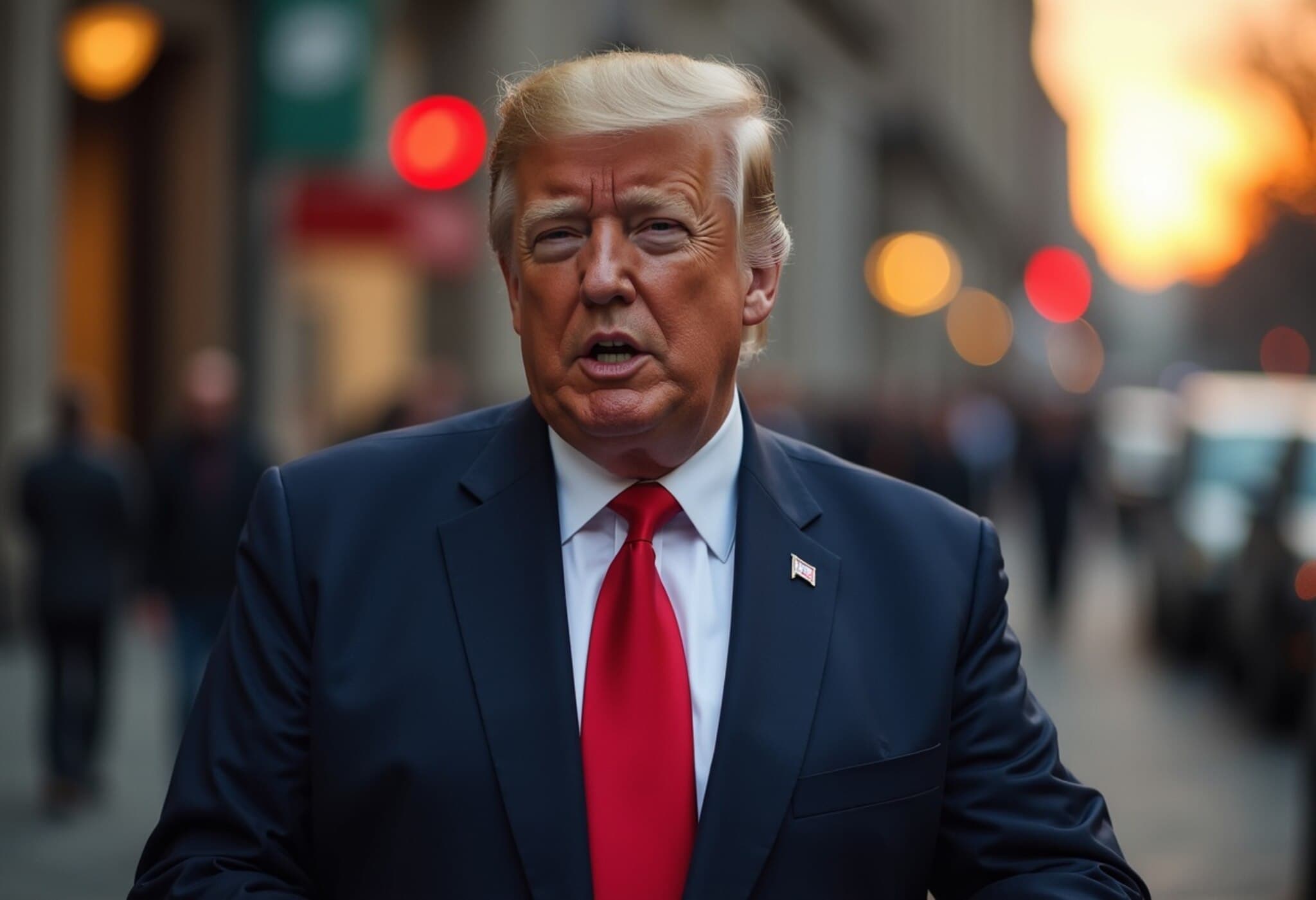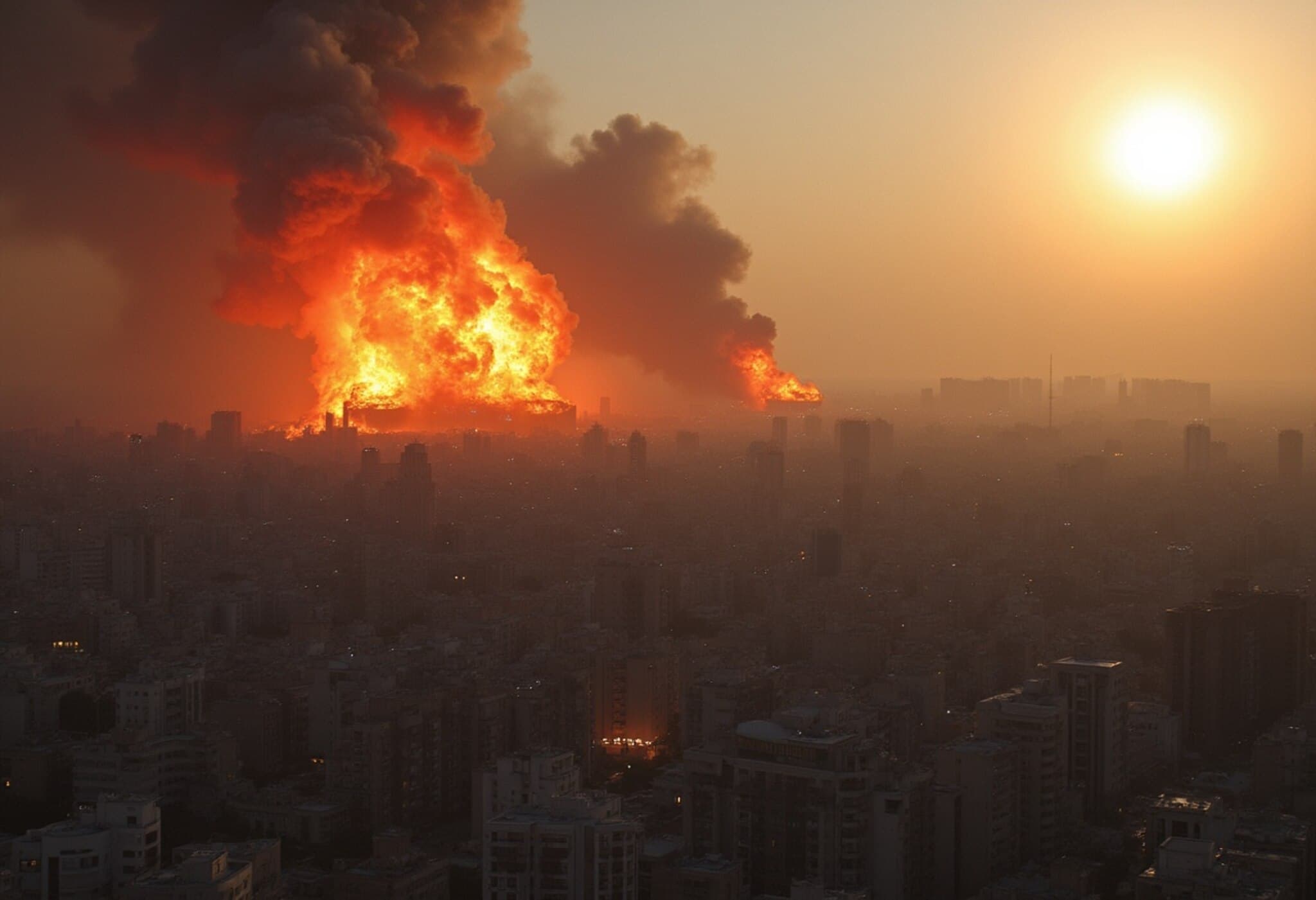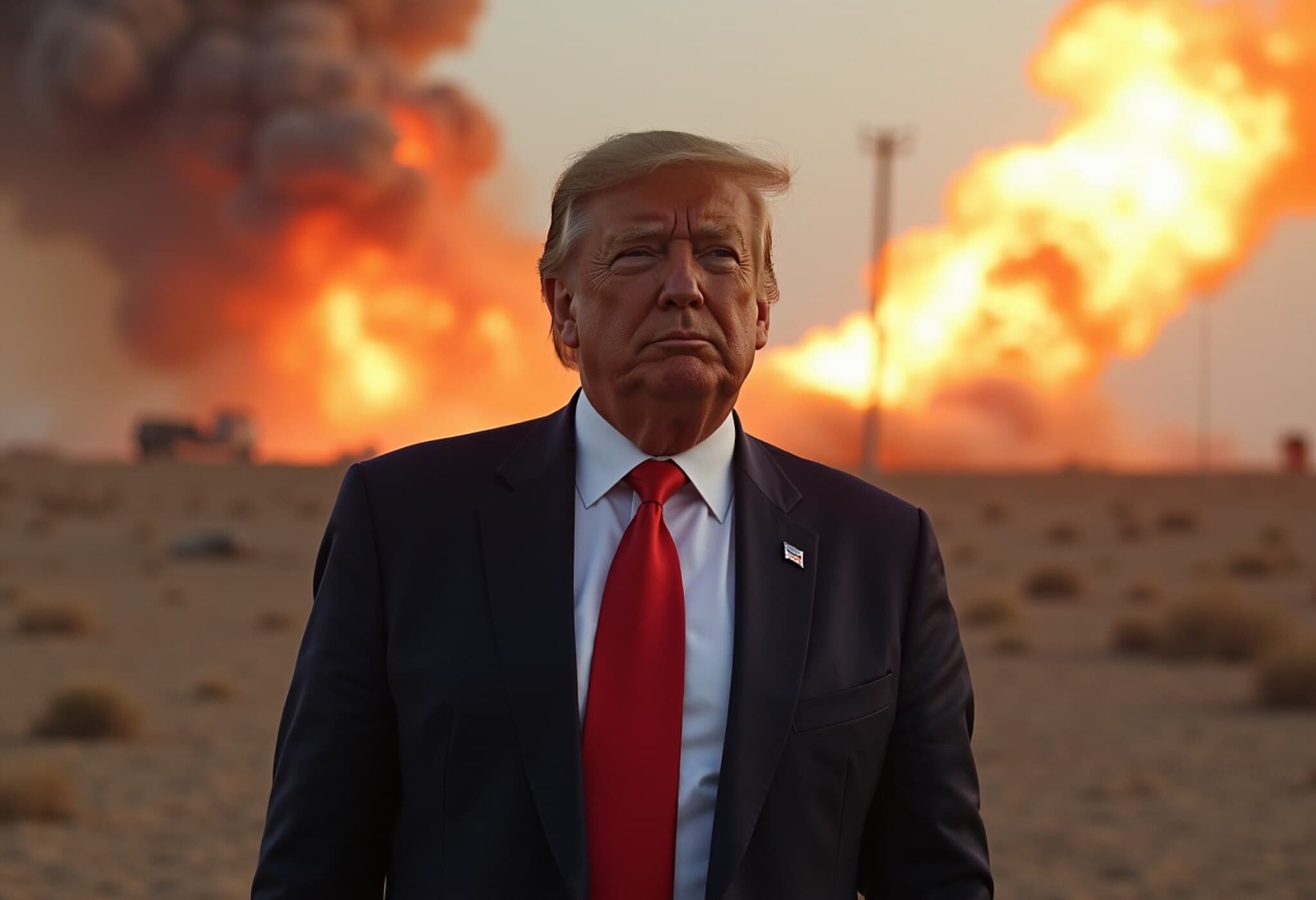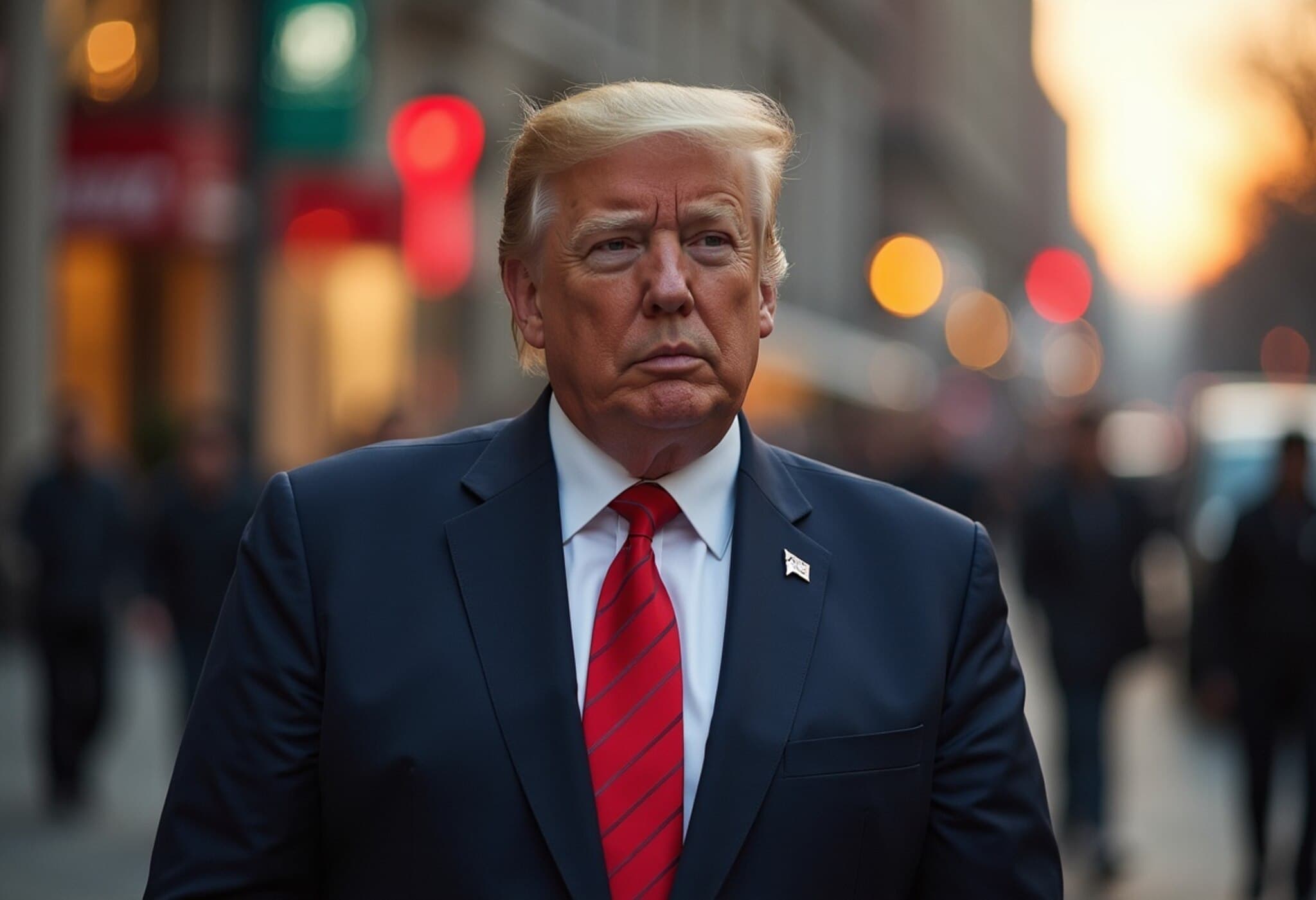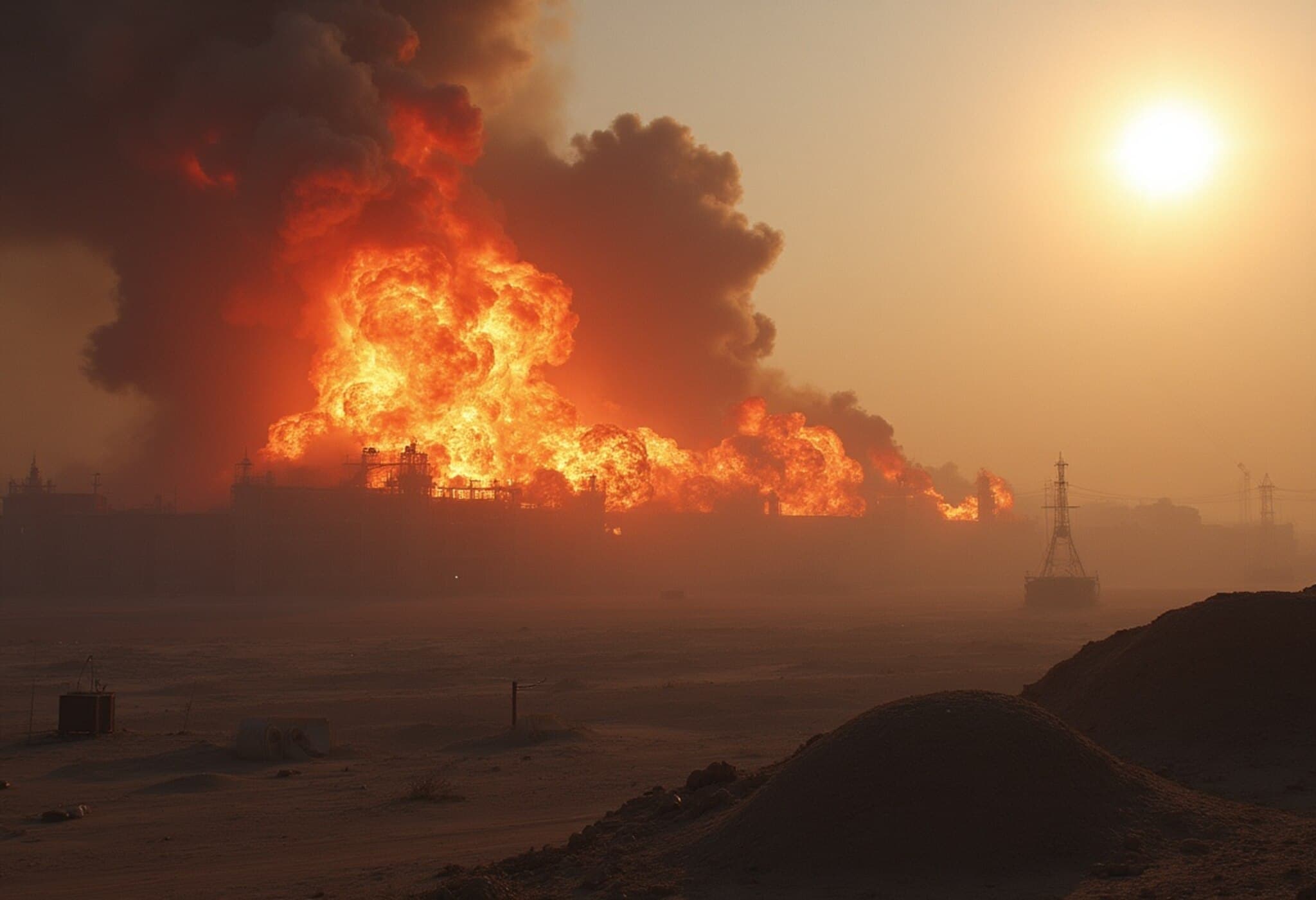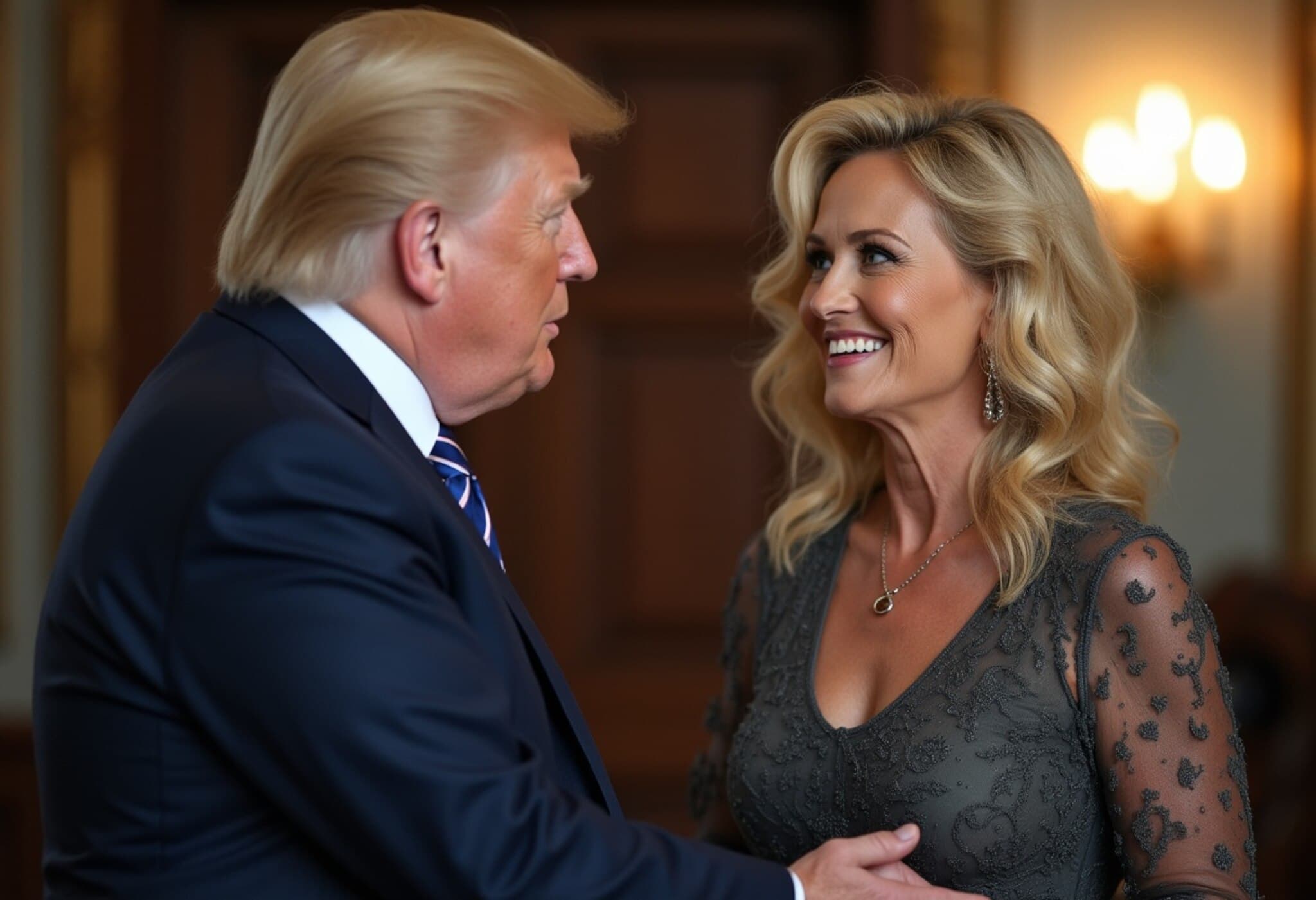Iran’s Nuclear Diplomacy Faces New Path Amidst Recent Israel Conflict
In the aftermath of a tense 12-day conflict with Israel last month, Iran has indicated a significant shift in its engagement with the International Atomic Energy Agency (IAEA), emphasizing a more cautious yet diplomatic approach to resolving long-standing nuclear concerns.
Context Behind the Shift
The recent clash, marked by a sustained Israeli bombing campaign targeting Iranian military and nuclear sites as well as residential areas, exacerbated Iran’s already strained relations with the UN’s nuclear watchdog. These strikes, which occurred days prior to a pivotal dialogue intended between Tehran and Washington, temporarily derailed attempts to revive stalled nuclear negotiations.
What Iran’s New Cooperation Form Means
On July 12, Foreign Minister Abbas Araghchi clarified that Iran’s cooperation with the IAEA had not ceased but would “take on a new form.” This adjustment comes after Iran’s formal suspension of cooperation in early July, signaling a more guarded engagement based on stringent conditions set by Tehran.
Araghchi elaborated that requests to monitor nuclear facilities would now undergo rigorous case-by-case evaluations, with safety and security considerations taking precedence. Ultimately, these decisions will fall under the purview of Iran’s Supreme National Security Council, highlighting a shift towards tighter national oversight.
The Role of Regional and Global Powers
- Israel and the US have openly justified their strikes as preventive measures against Iran’s alleged pursuit of nuclear weapons capability—claims Iran persistently denies.
- The US, having engaged in negotiations since April 12, echoed Israel’s concerns by conducting coordinated operations against key nuclear sites like Fordow, Isfahan, and Natanz.
- Russia, meanwhile, declared continued support for Iran’s nuclear program at the recent BRICS summit, offering technological collaboration on uranium depletion techniques.
Stalled Negotiations and Future Prospects
After IAEA inspectors abruptly left Iran in early July following Tehran’s suspension of cooperation, the prospects for resuming nuclear talks remain uncertain. Araghchi emphasized that any future discussions would be exclusively focused on Iran’s nuclear activities, explicitly excluding military capabilities from negotiation parameters.
He stated, “If negotiations are held… the subject will be only nuclear and creating confidence in Iran’s nuclear programme in return for the lifting of sanctions.”
Further complicating the diplomatic landscape, Iran warned that reimposing UN sanctions could effectively sideline Europe’s role in facilitating dialogue, a crucial development considering the experienced involvement of the EU in previous talks.
Non-Proliferation Treaty Rights at the Forefront
Iran insists that any renewed deal must uphold its rights under the Nuclear Non-Proliferation Treaty (NPT), particularly the right to enrich uranium for peaceful purposes. Araghchi made this non-negotiable, stating emphatically, “We will not have any agreement in which enrichment is not included.”
This stance echoes broader concerns within the international community about balancing non-proliferation goals with sovereign rights to nuclear technology for civilian use.
Expert Insight: Navigating a Fragile Diplomatic Terrain
From a policy analyst’s perspective, Iran’s recalibrated cooperation with the IAEA after its clash with Israel underscores a complex interplay between national security priorities and international diplomatic pressures. The conditional and calculated engagement indicates Tehran’s intent to maintain a strategic ambivalence — signaling willingness to cooperate while asserting its sovereignty and rights robustly.
For the United States and its allies, the challenge lies in re-establishing trust without conceding on critical non-proliferation standards, especially given the backdrop of recent military actions that have complicated the narrative. Additionally, Europe’s potential withdrawal following renewed sanctions may shift the power dynamics of the negotiation table, with Russia’s supportive overtures to Iran further complicating an already delicate balance.
This evolving situation deserves close attention, not only for its impact on Middle East stability but also for its ramifications on global nuclear diplomacy and non-proliferation regimes.
Looking Ahead
As Iran weighs timing, location, and the “assurances” tied to any upcoming diplomatic engagement, the world watches cautiously. The stakes remain high, with economic sanctions, regional tensions, and the future of nuclear oversight hanging in the balance.
Editor’s Note:
Iran’s new posture toward the IAEA following the recent conflict with Israel signals a pivotal moment in nuclear diplomacy. It raises critical questions about the feasibility of reviving talks amid military strife and geopolitical rivalry. Will Iran’s insistence on enrichment rights and reluctance toward unfettered inspections bridge or widen the divide? How might shifting alliances, particularly Russia’s involvement and Europe’s potential retreat, reshape the future of global nuclear governance? These are the uncertainties that policymakers and observers must grapple with as the situation unfolds.

